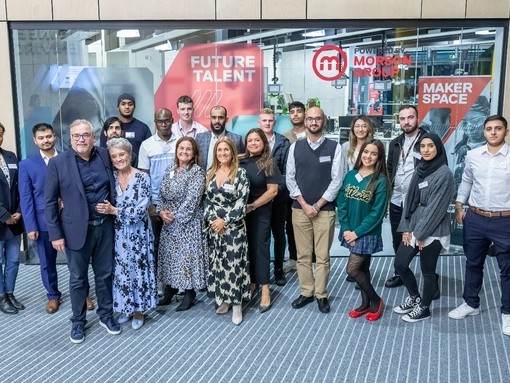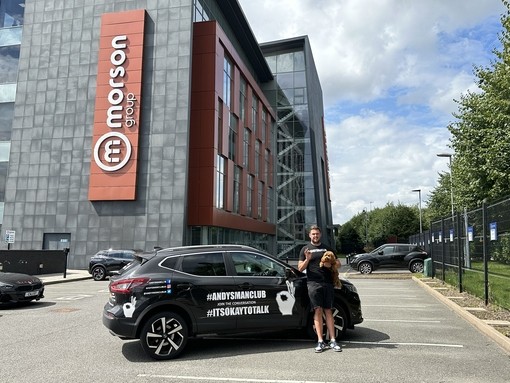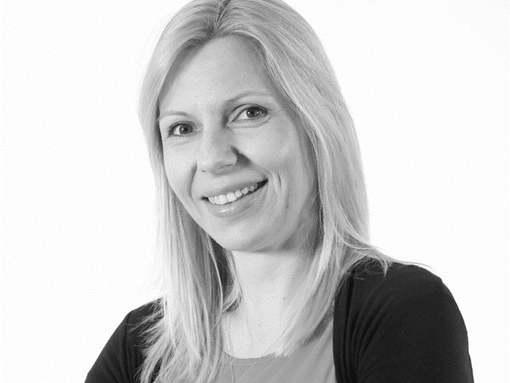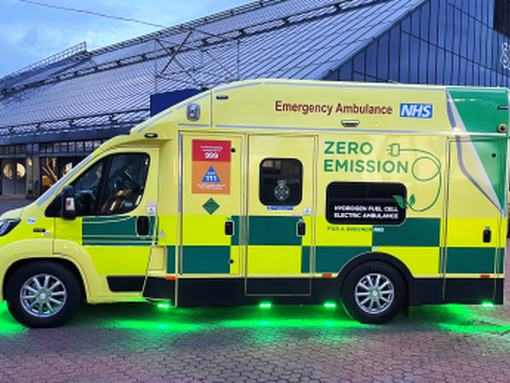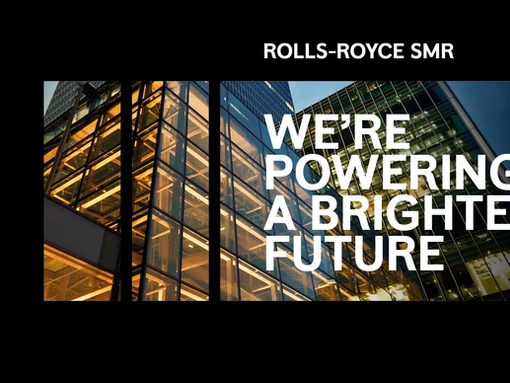
Social value: the models, metrics, and grey areas
There’s little doubt that the focus on consciousness and ESG issues is changing the way the world does business. We’re seeing a trend towards accentuating the ‘S’ and broadening the ‘E’ in ESG as sustainability and social commitments are fast becoming essential to business success. Climate change, decarbonisation and community will continue to be major themes as companies emerging from the pandemic look for ways to create a legacy, give back and measure their impact.
Many organisations, including Morson, have acted with sustainability, community, and the environment central to their purpose. However, businesses are increasingly looking to demonstrate the value of that activity, for a number of socio-economic reasons.
So, how do organisations assign value to positive action and how do we, as a business community, ensure greater accountability?
As partners of the Supply Chain Sustainability School several Morson colleagues and clients, took part in a social value workshop hosted by Vaishali Baid, Sustainable Procurement and Social Value lead at Action Sustainability to understand how to plan, implement and determine the impact of positive initiatives which create measurable value.
From this workshop we explore:
What social value is, meaningful metrics and the grey areas
How businesses can harness and push the social value agenda
How can recruitment companies, in particular, impact future change?
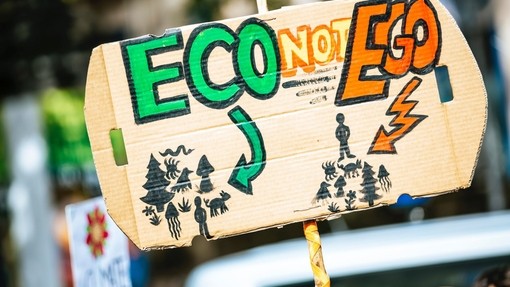
What is Social value?
Simply, social value is an umbrella term for capturing the full net value an organisation provides to society. This can include how an organisation supports the local economy, for example by helping local people into employment or buying from other local businesses; or activities that provide other benefits, such as promoting opportunities for disadvantaged groups or reducing waste.
Social value model themes
Covid 19 recovery: help local communities manage the impact from Covid-19
Tackling economic inequality: creating new business, jobs and opportunities
Fighting climate change: effective stewardship for the environment.
Equal opportunities: reducing the disability employment gap and tackle workforce inequality.
Wellbeing: improving health and wellbeing.
Social value: metrics
The continued consolidation of sustainability reporting frameworks and guidelines will have a positive impact in creating simpler and more consistent sources of information for measurement and comparison. Last year, the IIRC merged with SASB to create the Value Reporting Foundation (VRF). Further consolidation will continue with the VRF and the Climate Disclosures Standard Board merging into the IFRS Foundation and all acting as one organisation.
Greater accountability in this area is also being shown by the increasing number of companies writing sustainability metrics into their corporate strategy, and incorporating performance on issues such as climate change and diversity into remuneration outcomes through bonus and incentive plans.
The grey area
Most people would agree that business should be a force for good in the world, but when it comes to suppliers of public services this principle is actually enshrined in law. According to the Public Services (Social Value) Act of 2012, contracts for public services have ‘to have regard to economic, social and environmental wellbeing.’
The TOMs Framework is an evaluation framework tool that makes managing the social value of contracts easier by quantifying the social value of any input. Although the Framework quantifies social value, the Social Value Model itself stipulates that assessment must be qualitative. This means that social value can’t be measured like any other KPI.
How can businesses start to measure social value?
Vaisha highlighted the importance of businesses looking at the social value activities they are already implementing (such as helping local communities, diversity and inclusion or reducing the carbon footprint) and then looking at how they can be improved and collecting data to see if the activity is making an impact.
Those attending the webinar were encouraged to speak with local authorities and agencies and asking the question ‘is what we are doing here making an impact?’ and that will in turn make social value a daily job.
4 steps to social value
Start by creating a common understanding of social value within your business, as social value can have different meanings and definitions for each and every company.
Keep it simple and don’t overcomplicate social value. Focus on your why and why you would like to drive this initiative.
Go beyond the requirements, always.
One size doesn’t fit all. Businesses need to base their initiatives on what will add the most value in that particular sector, geography or economic environment. Bringing relevance and proportionality to the fore to measure impact.
How can recruitment companies, in particular, impact future change?
Remote work could provide us with greater opportunities as people don’t have to live close to the workplace and help reduce carbon footprint from an environmental perspective.
Collecting data on the demographics of the contingent workforce to see where groups may be under-represented.
To increase the range of training and employment opportunities available locally to people with a disability.
To create training and employment opportunities for disadvantaged or under-represented people.
At Morson we pride ourselves on being a purposeful organisation. We go beyond social value regulatory requirements and always aim to make a positive difference to the communities in which we work, by being proactive and conscious of our impact.
As a partner in the Supply Chain Sustainability School, we have worked collaboratively with the school to create a shared understanding of social value within Morson and with our clients. We are continually developing our environmental and social culture and place environmental and social sustainability at the heart of our business decisions.
If you would like to discuss any of the key themes of this article please contact Morson HSQE director, Gareth Morris at Gareth.morris@morson.com


